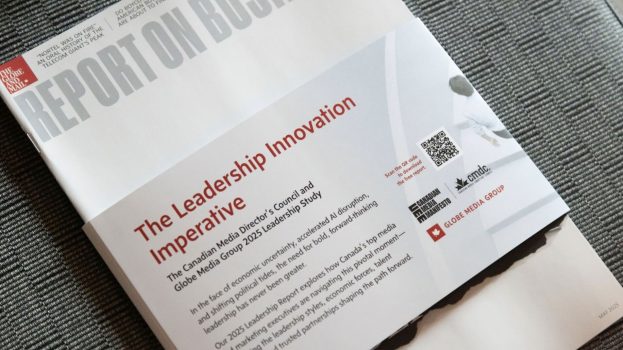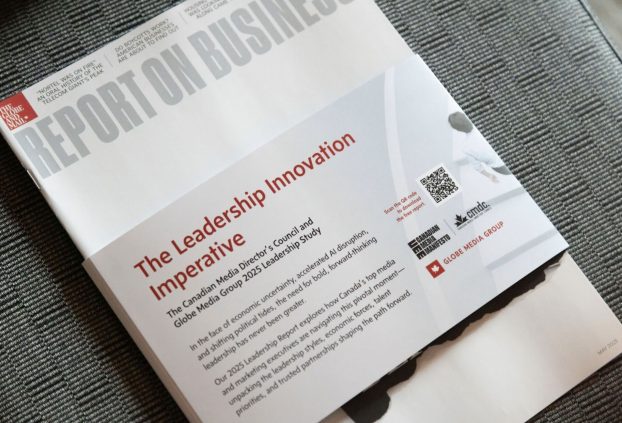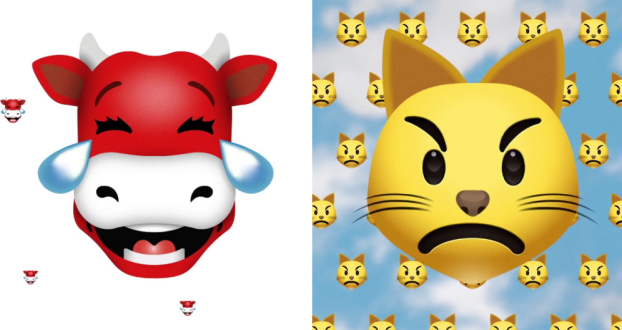In this series, Queen’s prof Ken Wong and Capital C CEO Tony Chapman tackle marketing challenges and offer up Renegade CMO solutions. This month they retool big American auto – specifically GM, which needs to shift gears to help overcome its economic woes.
Tony’s redesign plan:
As GM’s Renegade CMO, I don’t have to get involved with its biggest problem: health care and pension costs. My job is to focus on marketing, and my first move would be to take the money spent on all those winding-road TV commercials, give half back to my CFO and focus the rest on three things: product design, the dealer network and the online experience.
I would hire a Steve Jobs type who gets how to romance the consumer through the power of design to create iconic brands. Imagine an iPontiac – the functionality, the simplicity, the colours and the sound. I would also jump on boomers’ desire to stay young. Let’s look back to when GM ruled the road and bring out replicas of the classic GTO, Corvette and Cadillac with modern engineering.
Every retailer in the world has evolved its experience, except the automotive industry. So I’d hire the best retailer in the world, and then blow up everything – look, purpose, merchandise, staff and experience.
Bring in Electronic Arts to create the best videogame simulators, so consumers at dealerships can customize their models and get pricing, insurance and finance quotes. Then they can virtually race, crash and tow their cars, pack a family vacation or have sex in the back seat.
Online, I’d invite consumers in with spectacular virals, the best search word optimization and interactive banners that enrich the experience.
On the site, I’d deliver a virtual experience that replicates the simulators at the dealership. My benchmark won’t be other dealer sites, but Sim City or Grand Theft Auto. ROI will be registered users, new consumers they invite and how often they return to play, and take delivery of the car they have crafted.
Now that’s a dream assignment.
Ken’s advice:
This problem has its roots in non-marketing decisions. How to overcome a $1,400 cost disadvantage per car tied to health care and pension? But whether marketing is culpable or not, it’s going to play a big role in any comeback.
I’m with Tony on the product design issues. While they’ve made strides with the new Cadillac CTS, Buick Enclave and Chevy Malibu, the rest of the line lacks heart and personality. It used to be that I could watch a car ad and know who they were targeting and what they were offering. There needs to be a storyline at the heart of these vehicles. Macs think like people. Dove is about natural beauty. Most cars? Maybe that’s why the ads all look the same.
As a Renegade CMO, I talked to some buyers, in the form of graduating students. I described the new award-winning Malibu and I had them…until I told them it was a Malibu. If you can’t overcome the historic lack of a brand story with a design this good, it says a lot about how little equity the brand name has – it may even be a detriment. So maybe it’s time to rethink the brands. GM was once a great brand practitioner. Pontiac was the white-collar version of the blue-collar Chevy; Buick and Oldsmobile had the same relationship. They knew what distinguished the dreams of one segment from another. Somehow that’s been lost.
There was also a time when car buyers left the lot feeling they’d just made the best deal ever. Today we feel adversarial before we walk in the door, and I don’t understand how I can know more than the sales rep does about the car and its competition after a couple of hours on the web.
What’s the incentive for using a dealer? Fear that we won’t get good service? Fear that we’ll get less on a trade-in if we switch brands? Does anyone believe that coercion is a strong foundation for a customer relationship? Take a page from Infiniti, Lexus or BMW – driving schools, invitations to concerts, special-edition CDs – it’s not just a car but everything that surrounds the vehicle. Give me some incentive to be loyal.
Cars are objects of lust. If this were a date, North American car companies
would be the dudes in open shirts with hairy chests and bling. Maybe they should try a little tenderness…stop selling cars and start selling memories in the making. (Of course, many automakers from elsewhere in the world are guilty of the same sins; they just had $1,400 per car to cover them up.)
Ken Wong is a career academic at Queen’s School of Business who wedges consulting gigs between lecturing and speaking engagements. Tony Chapman is an entrepreneur/career brand guru and founder of Toronto-based indie agency Capital C.























